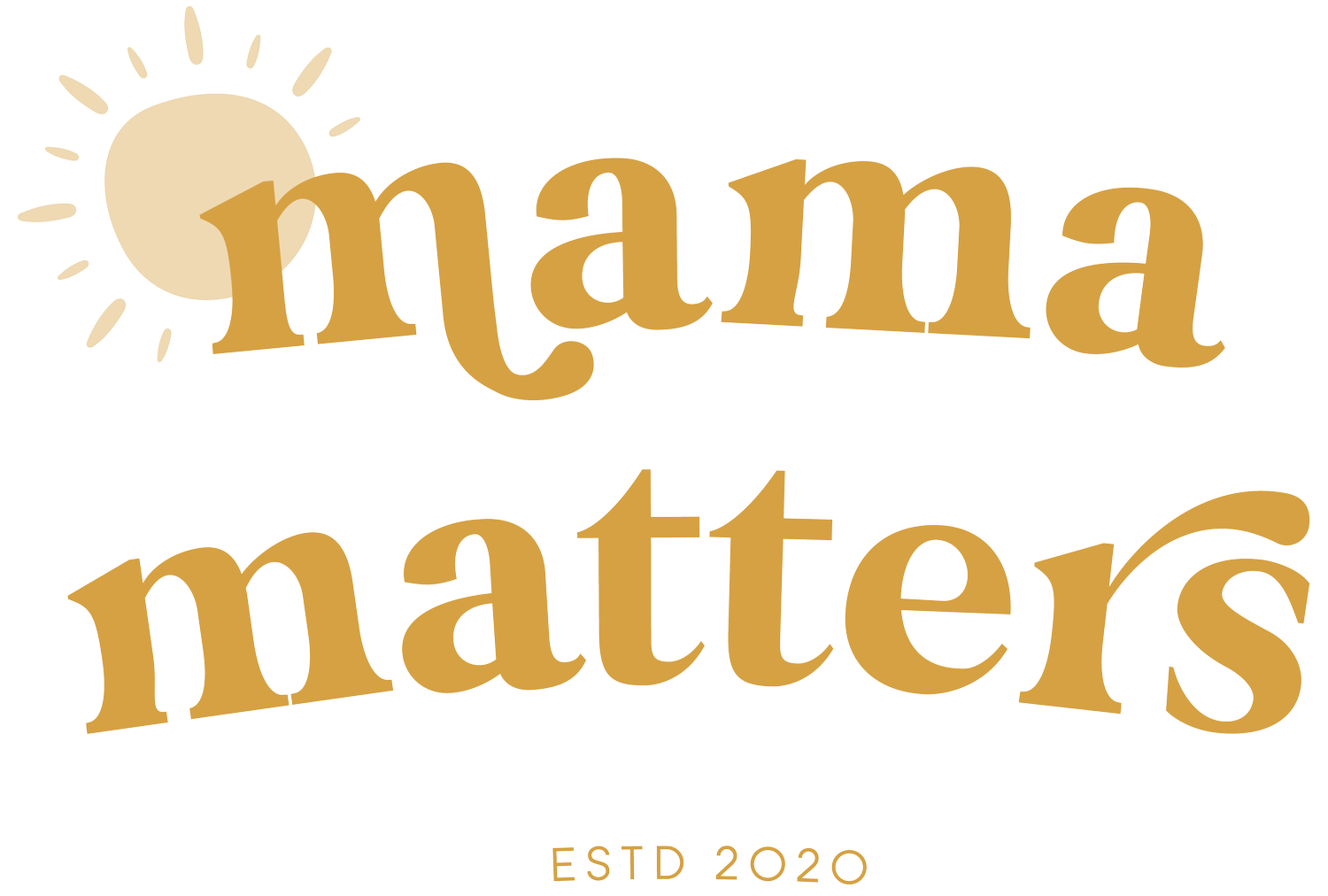Rupture & Repair.
If there is only one nugget of wisdom you ever take from me, let it be this.
Rupture & Repair.
Ruptures refer to those moments of disconnection between us and our kiddos - moments of mis-attunement, of having to prioritise the needs of someone or something else over the needs of your child.
Ruptures inevitably happen, and they are a part of being in any imperfect, authentic relationship.
Ruptures can feel subtle, like misreading the needs of your baby - missing the mark - or they can feel big and shitty, like a mama-tantrum where you might become mean or scary, and leave your child to handle his big feelings on his own.
Ruptures are a part of life, and it is okay for our children to learn this - that my grown'-ups don’t always get it right.
WHEN RUPTURES HAPPEN, THEY NEED TO BE REPAIRED.
A repair is where you, as the grown-up acknowledge the rupture. Come back to your child. Let them know they are safe, that your relationship with them is safe.
A repair might look as effortless as ‘oops, mama thought you wanted to be picked up, but you’re still exploring’ - or it might be ‘wow, Mama really yelled. I am really sorry for scaring you. I don’t want to raise my voice at you, next time I will take some deep breaths. I love you.'
If we get stuck in the rupture, and we continually rupture without making efforts to repair - this is when we can start to damage our attachment relationship with our children.
Rupture & Repair is a term by Circle of Security Parenting Program. It is one of the cornerstones of their approach. It is about understanding that no human relationship is without challenges, but the reliability and security of the relationship comes from owning and taking charge of these repairs. It is always up to you, as the grown-up, to repair these ruptures and return to connection and safety.
“Ruptures happen. Repairs also happen. This is a very positive thing, because children end up being more secure when they find that good things can follow bad things. We’re not perfect, and if we were, we’d be setting our children up for severe disappointment in a world that is anything but perfect.
Plus, we’d be preventing them from developing a resilient sense of self that trusts that mistakes are a normal - even healthy - part of genuine relationships.”
Raising a Secure Child, by Kent Hoffman, Bert Powell & Glen Cooper
Repairs also encourage our children to develop their own reflective capacity - can you imagine, how good it will feel when your child comes to you with a genuine “sorry for yelling Mama. I shouldn’t have raised my voice at you. I was angry. Next time I am going to take some deep breaths.” Remember, it’s a long term game. Your children are taking everything in.
Sometimes, some things can get in the way of us being able to repair with our children. The desire to be right all the time - to show your child that ‘you are boss’ and to never admit weakness or vulnerability - can influence our ability to repair. This also means that your child isn’t getting a chance to learn about self-reflection and collaboration. This won’t serve him in future friendships and relationships.
Sometimes, we can ‘over-repair’. We don’t want to apologise profusely to our children - if we apologise for everything, our apologies can become less sincere, and can also momentarily make us less of ‘the grown-up’. We want to always show our children that we are in charge, in a kind way, and they can be the kid.
If you get caught up in self-blame & shame, and think “I am a bad Mum”, rather than “I did not handle that well” - you can get stuck in a road block. Blame is a dead-end street, both for you and your child. When you are caught in blame or guilt, you are missing out on an opportunity to repair and connect, and move on with your child.
“IT’S NOT AVOIDING RUPTURES THAT PROMOTES HEALTHY PSYCHOLOGICAL DEVELOPMENT BUT BEING SURE TO MAKE REPAIRS.”
- Raising a Secure Child
Remember, ruptures are a very normal and very important part of any authentic human relationship. Ruptures happen, daily, some big, some small. When we focus on repair, we teach our children that ‘even when mama loses it or misunderstands me, we are always okay.” This is what unconditional love looks like, and this is the message we always want to send.
Learn to love rupture and repair, ditch the guilt and shame and get back on track - knowing that good-enough is good-enough (and even great) with my Rupture & Repair workshop.


